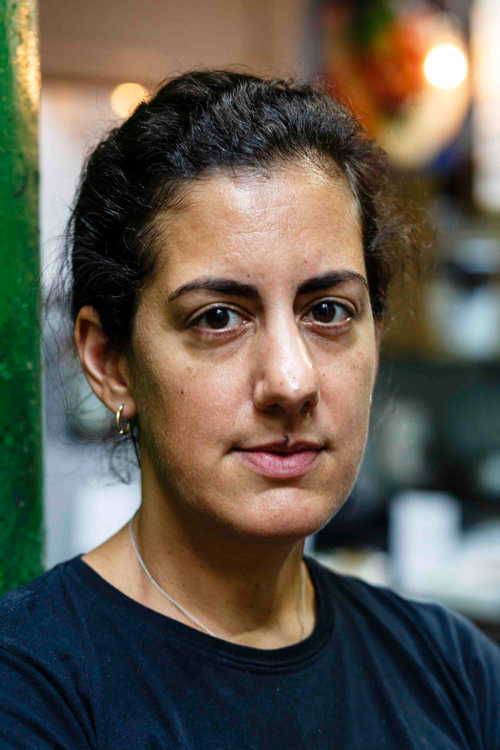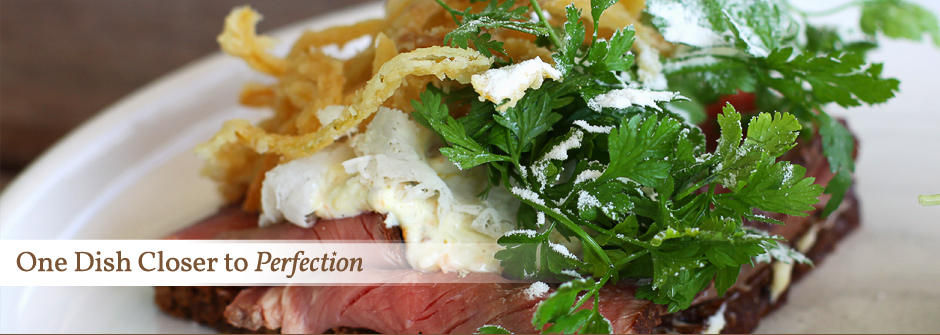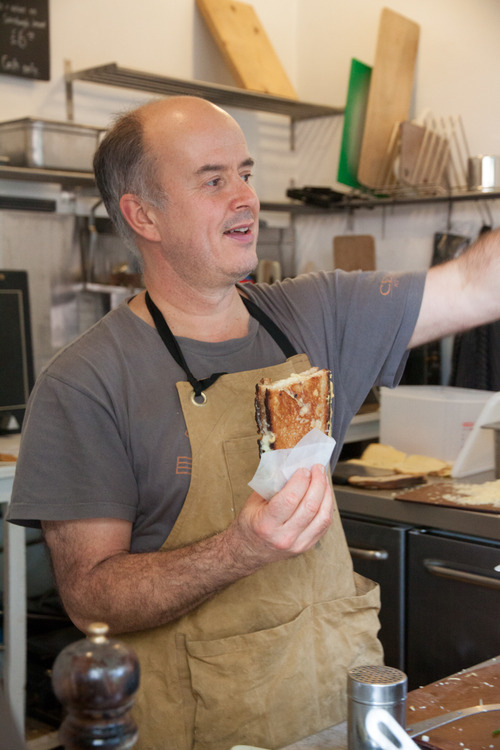I am what I eat: Nadia Stokes
 Saturday, February 11, 2017 at 3:21PM
Saturday, February 11, 2017 at 3:21PM  Photo: Miles Willis
Photo: Miles Willis
This post first appeared on the Borough Market website as part of my series, I Am What I Eat, where I explore the links between food and identity, interviewing traders about the foods that are important to them and why.
To conclude my second series I asked my commissioning editor, Claire Ford, for someone who touched on some of the other themes in the series - someone interested in sustainability and/or environmental issues, someone with ethical and moral values around food, but perhaps a meat-eater to contrast with some of the other interviewees, someone who cares about where there food comes from. I didn't expect her to find someone who covered all these bases and several more. Nadia was a joy to interview; I hope you'll enjoy reading this article, as much as I enjoyed writing it.
“I had a very close relationship with food all my life. I grew up in Cyprus in a very, very, very small village in the middle of nowhere. I think it was about 80 inhabitants to 400, 600 goats. I don’t think I realised how much it was a part of me until I came to the UK.”
Nadia Stokes, co-owner of Gourmet Goat, first came to the UK to study law in her early 20s. The way people viewed food was the “biggest culture shock” for her. “Being in the supermarket in the UK I just remember being like ‘why is everything wrapped individually’ and ‘why is everyone buying single cucumbers?’” She came to terms with this in time, but “there was still a massive hole in my life of really, really local produce”.
 Vix |
Vix |  Post a Comment |
Post a Comment |  Borough Market,
Borough Market,  Cyprus,
Cyprus,  identity,
identity,  sustainability in
sustainability in  Identity
Identity 




